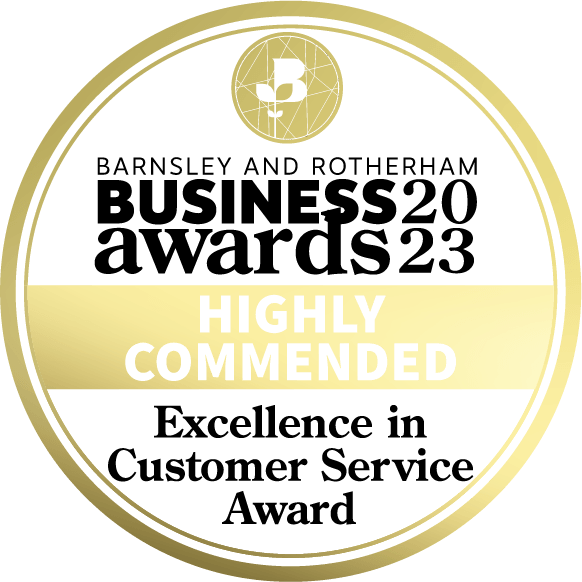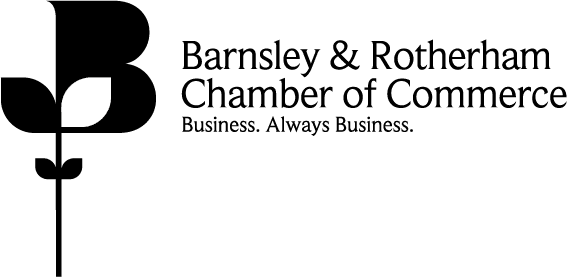I suspect you’d expect me to say that grammar is important with me being a copywriter.
And you’d not be wrong!
It makes all the difference to anything written.
Let me give you an example quickly right here at the beginning of the blog…
I love my friends, Freddy Mercury and Sheila Handcock.
Or
I love my friends, Freddy Mercury, and Sheila Handcock.
The first sentence says that my friends’ names are Freddy Mercury and Sheila Handcock.
The second says, I love my friends and Freddy Mercury and Sheila Handcock.
School education
If you were like me, you may not have picked up on why grammar is important at school.
English was just another subject to sit through. Just another exam to take.
No one told us (I hope they did you) that English was the one subject that you would genuinely need for the rest of your life… unlike algebra and chemical formulas…
And, yes, I know… some careers do need algebra and chemical formulas… but I don’t believe the majority of us need them on a regular basis.
Realising grammar is important
It was really when I started work at The University of Sheffield in my early 20’s that I realised how important gramma was going to be.
How could I write emails, memos, and other documents to academics who held the English language in such high regard if I couldn’t use grammar properly?
So, I booked myself onto a course… looking back it was THE best thing I have done for myself in my career.
I became much more confident in my writing abilities and have never really looked back.
What I believe to be important in grammar
Now you have to understand that different people have very different standards for the use of grammar.
The Head of Language and Linguistics once said to me “Claire, a sentence can be an incomplete utterance”.
Now, I’m sorry, but school never taught us that!!!!
As a copywriter you can play with grammar in ways you couldn’t as a business writer or an academic.
I now also teach Functional English Skills to apprentices, and so I have to ensure I’m keeping myself in check to the standard!
The basics
Your sentence must have a capital letter at the beginning and a full stop at the end.
Names of things (eg, a person, a job role, a place) should use capital letters at the start of each word.
For example, Mark Smith is the Company Accountant and is based in Timbucktoo.
If you use commas in a complex sentence, the middle section must be able to be removed and the sentence still make sense when read.
For example: When I visited the Yorkshire Wildlife Park, last Tuesday, it rained all day but didn’t spoil our enjoyment.
(If you remove ‘last Tuesday’ the sentence will still make sense.)
Be particularly careful when using ‘and’ or ‘but’ in a sentence. Many people make the mistake of putting the comma before the ‘and’ or ‘but, when in fact it should come after. If you remove the middle part of the sentence, it will no long read correctly without the joining word.
Lists
If you are writing a list, make sure you use commas correctly. (This is one of my biggest soap box issues!)
As you come to the end of the list, you’ll more than likely use the word ‘and’ between the last two items.
If you don’t use a comma after the item before ‘and’, the ‘and’ joins the last two items together.
For example:
I went to the shop and bought bread, milk, salt, potatoes and cheese. (Wrong – to the best of my knowledge there is no such single item as potatoes and cheese!)
Or
I went to the shop and bought bread, milk, salt, potatoes, and cheese. (Correct)
This rule also applies if you are using ‘etc’ at the end of a list. It needs a comma before it.
Bullet Points
If you are using bullet points, the correct way is to use a ‘:’ prior to them and not use a full stop at the end of each point.
For me, the use of the ‘:’ is essential… but then either use a full stop at the end of each point or don’t use any.
As long as it’s consistent I tend not to worry.
Length of paragraphs
This is where judgment comes into it.
Think about the audience when thinking about the length of paragraphs.
For something which is going to be published online – a blog, a social media post, etc – one sentence is long enough to make up a paragraph.
It’s all about making it easy to read.
However, if you were writing a letter to someone, or a business document, or an essay, then you use a new paragraph when the subject changes.
So, using the text directly above this line – if it were a letter then I would have written it more like this:
This is where judgment comes into it. Think about the audience when thinking about the length of paragraphs.
For something which is going to be published online – a blog, a social media post, etc – one sentence is long enough to make up a paragraph. It’s all about making it easy to read.
However, if you were writing a letter to someone, or a business document, or an essay, then you use a new paragraph when the subject changes.
Five paragraphs have become three.
Words you can’t use at the start of a sentence
At school we are taught that you can’t use words like ‘and’ and ‘so’ at the beginning of a sentence.
Absolute rubbish.
Use whatever you want to.
Apostrophes
Ok, this is a big one for many people.
You use an apostrophe (‘) if you join two words together and remove a letter.
For example:
It is becomes it’s
Do not becomes don’t
You are becomes you’re
You also use an apostrophe if something belongs to someone.
For example:
Claire’s coat (it is the coat belonging to Claire)
The dog’s ball (the ball belongs to the dog)
It does get more complex than this, but I’ll leave apostrophes here for now.
The use of ‘therefore’ and ‘however’
If you use ‘therefore’ or ‘however in a sentence, a comma should be used before and after.
For example:
It was a hot day, therefore, I put my hat on to protect my hair.
The weather forecast said it might rain, however, I took a chance and went for a walk without an umbrella.
If used at the start of a sentence, as the first word, a comma must be used immediately after.
When to use ‘…’
The use of three dots indicates there is more to come.
I’ve used them a number of times in this blog already.
An Interrobang
My favourite word when it comes to grammar is interrobang!
‘What is one?’ I hear you ask…
It is a combination of question marks and exclamation marks…
!!?!!
Hyphens
Now this is another of my pet peeves.
I have no idea where this trend has come from, but I keep seeing hyphens attached to the end of a word… being used instead of a comma!!!
Why???!!!???
Let’s use the sentence I used earlier:
When I visited the Yorkshire Wildlife Park, last Tuesday, it rained all day but didn’t spoil our enjoyment.
How is it right to be written it like this…
When I visited the Yorkshire Wildlife Park- last Tuesday, it rained all day but didn’t spoil our enjoyment.
I ask you!!!
It’s just wrong.
Obviously, hyphens are also correctly used to join two words together, with no gap at either side of them.
For me grammar is important
We all make mistakes when we’re in a rush or just putting our thoughts out there.
I have to go back through my own work and correct my grammar.
And it’s probably still not perfect.
But grammar is important if you want to appear professional.
For me, I can’t send work to a client with incorrect grammar…
Grammar is also important if you want someone to be able to read your words and take the correct meaning from them – as the example right at the top of this blog demonstrated.
There are AI tools out there which will help if you’re not sure about your grammar skills. The only problem with these is that sometimes they don’t understand what you’re trying to say and so change the meaning from what you intended.
Anyway, grammar lesson over.
I know some people will disagree with some of the things I’ve stated above, and that’s perfectly ok.
For me grammar is important and so I set my standards for me and my business.

The author
Claire Taylor Foster is the founder of Raspberry Flamingo Copywriting and Content Marketing.
She started her copywriting and marketing after leaving school way too long ago to mention! Direct Response Copy is her passion. Read more on Claire here.
As far as Claire’s concerned, if copy and content doesn’t contain ‘on-page’ SEO, then it’s pointless publishing it! (Unless of course, paid advertising is going to drive the traffic.)




